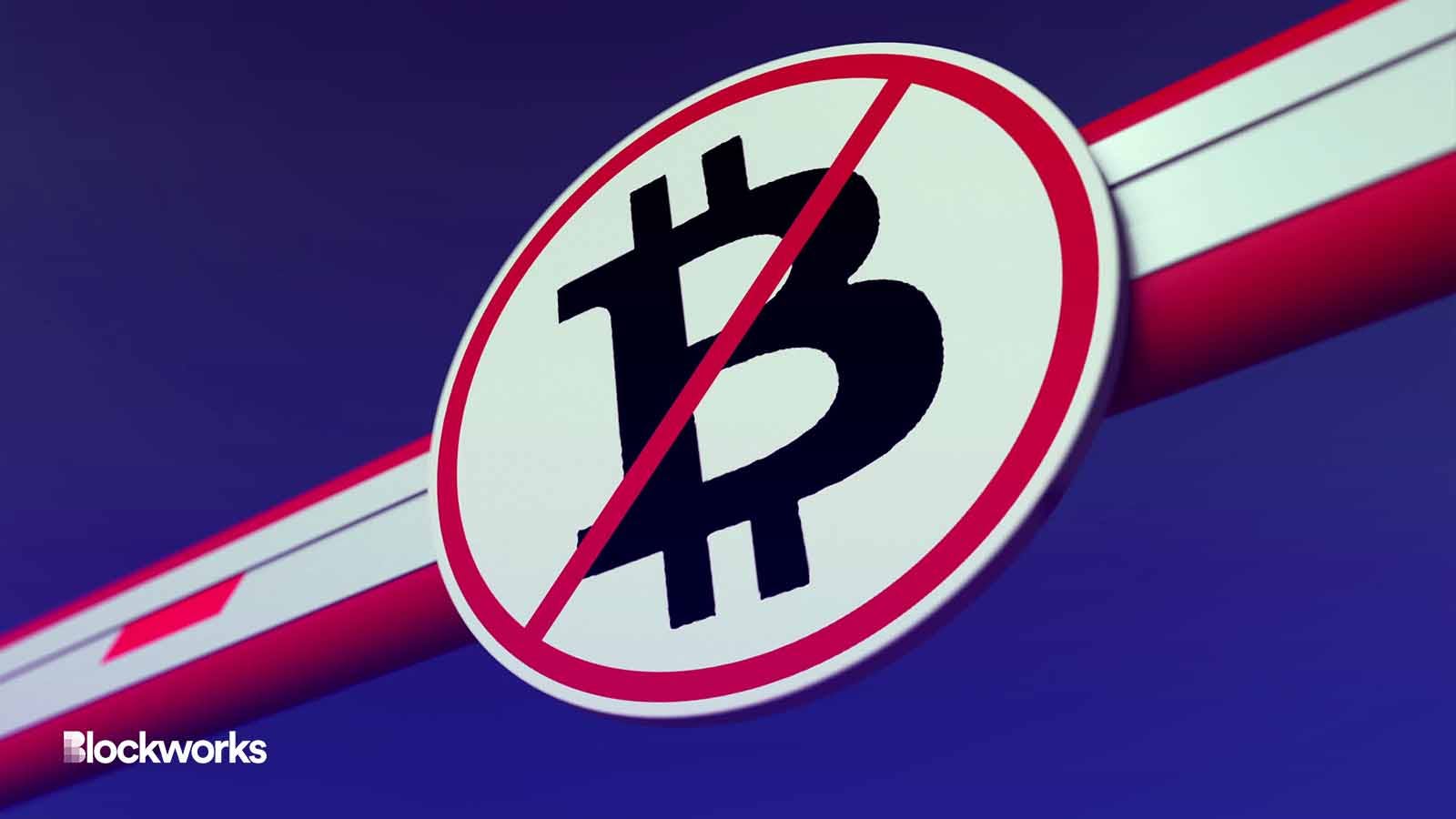Belarus moves to ban peer-to-peer crypto transactions
Despite being crypto-friendly since 2018, Belarus plans to crack down on some crypto transactions

Novikov Aleksey/Shutterstock modified by Blockworks
Belarus is moving to ban peer-to-peer crypto transactions in an effort to reduce alleged fraud.
The government is working on the legislation needed to formally make the transactions illegal.
Citizens will instead have to turn to crypto exchanges registered with Hi-Tech Park (HTP) to make transactions “for transparency and control,” according to a social media post from Alexander Ringevish of the Ministry of Internal Affairs.
HTP is a “regulatory sandbox” for crypto, according to HTP’s website. It boasts over 1,000 companies from over 40 fields of business.
Belarus hopes to make it “unprofitable for fraudsters” to “withdraw money obtained by criminal means.”
The post from the Belarusian government claims that 27 individuals have provided “illegal services” in exchange for crypto since the beginning of 2023, for a total of 22 million rubles (over $8.7 million).
Earlier this year, according to a Telegram post from the Ministry of Taxes and Duties of Belarus, a Belarusian citizen was fined 2.7 million rubles ($1 million) after organizing the “illegal exchange of cryptocurrencies.”
Belarus passed its first digital assets law governing crypto back in 2018, which legalized crypto transactions.
In 2022, President Alexander Lukashenko signed a law allowing a formation from HTP to create a register of addresses of wallets used in illegal activity to “protect participants in the digital asset market from the loss of property and prevent unintentional involvement in activities prohibited by law.”
Get the news in your inbox. Explore Blockworks newsletters:
- The Breakdown: Decoding crypto and the markets. Daily.
- 0xResearch: Alpha in your inbox. Think like an analyst.






